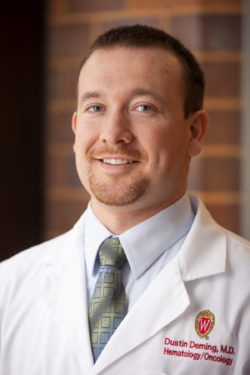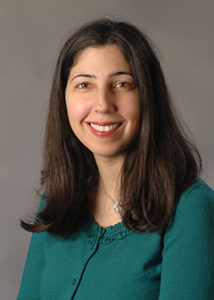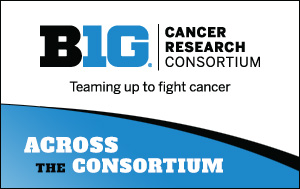May 31, 2017:
Dustin Deming, MD, is a gastrointestinal oncologist at the University of Wisconsin Carbone Cancer Center (UWCCC) and the William S. Middleton Veterans Hospital with subspecialties in the treatment of colon, rectal, and anal cancers.
Deming’s commitment to the field is no coincidence; his first-hand exposure to clinical oncology opened his eyes to opportunities to apply his lab science strengths. “I had thought I wanted to be a pathologist and focus mostly on basic science research, because I had kind of been a lab rat for the beginning portion of my career. Once I actually got into the clinic, I realized how exciting it was to be involved in many aspects of colorectal research: things as basic as drug discovery, or target-finding through early phase clinical trials and national phase two and phase three trials, and seeing patients in the clinic,” he said. “It has been really rewarding, because, I think, in each aspect, experience in the lab and experience in the clinic can really feed into each other.”
Read More

 Lung cancer researchers at the
Lung cancer researchers at the  A Big Ten Cancer Research Consortium study is evaluating the safety and efficacy of durvalumab (MEDI4736) following multi-modality therapy in esophageal cancer.
A Big Ten Cancer Research Consortium study is evaluating the safety and efficacy of durvalumab (MEDI4736) following multi-modality therapy in esophageal cancer.

















Subscribe to the Big Ten CRC Newsletter X
X Facebook
Facebook YouTube
YouTube